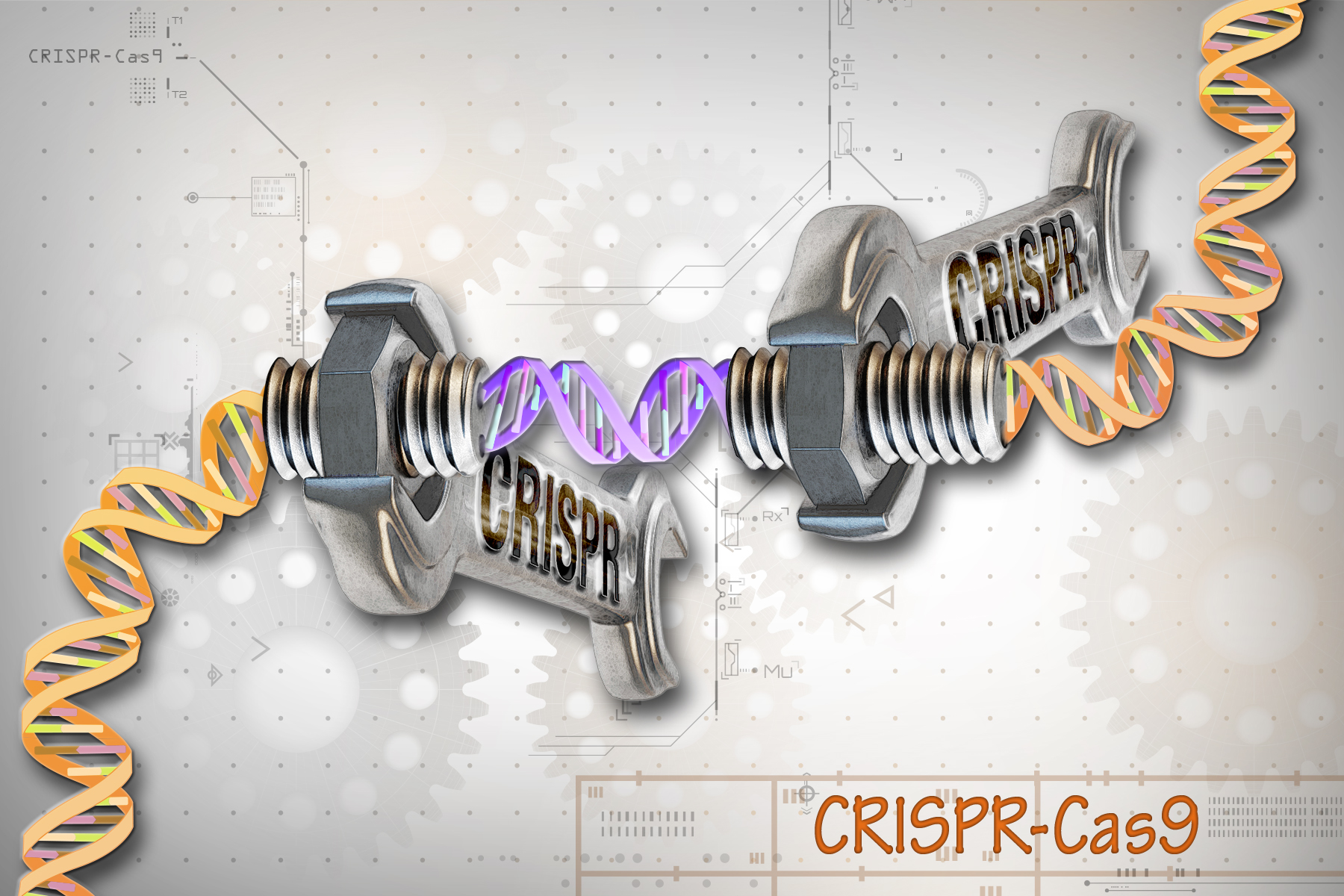University of California appeals CRISPR patent setback
By Sharon Begley,
STAT
| 04. 13. 2017
The University of California has filed an appeal to overturn a February decision by a US patent tribunal that dealt UC a setback in its efforts to win foundational patents on the revolutionary genome-editing technology CRISPR-Cas9.
In that decision, the US Patent Trial and Appeal Board ruled that CRISPR patents issued to the Broad Institute of MIT and Harvard in 2014 did not cover the same inventions for which UC had sought patents. The PTAB decision found that the claims can be patented separately. That left UC free to pursue its original patent applications, but was deemed a setback because the Broad was left with what many experts considered the more valuable intellectual property.
The appeal seeks to have PTAB reverse its decision, and conclude that the Broad’s patents on the use of CRISPR-Cas9 in eukaryotic cells — those of advanced organisms, including all plants and animals — are so similar to UC’s patent application on the use of CRISPR in more primitive cells, like bacteria, that they should not have been granted.
UC was joined in its appeal, filed on...
Related Articles
By Danny Finley, Bill of Health | 01.08.2026
The United States Food and Drug Administration (FDA) has a unique funding structure among federal scientific and health agencies. The industries it regulates fund nearly half of its budget. The agency charges companies a user fee for each application
...
By David Cox, Wired | 01.05.2026
As he addressed an audience of virologists from China, Australia, and Singapore at October’s Pandemic Research Alliance Symposium, Wei Zhao introduced an eye-catching idea.
The gene-editing technology Crispr is best known for delivering groundbreaking new therapies for rare diseases, tweaking...
By David Jensen, The California Stem Cell Report | 12.11.2025
California’s stem cell and gene therapy agency today approved spending $207 million more on training and education, sidestepping the possibility of using the cash to directly support revolutionary research that has been slashed and endangered by the Trump administration.
Directors...
By Tina Stevens, CounterPunch | 12.11.2025
Silicon Valley and other high tech billionaires are investing millions in start-ups dedicated to creating genetically engineered (GE) babies, according to a recent Wall Street Journal (WSJ) report. AI mogul Sam Altman, cryptocurrency entrepreneur Brian Armstrong, venture capitalist Peter...




